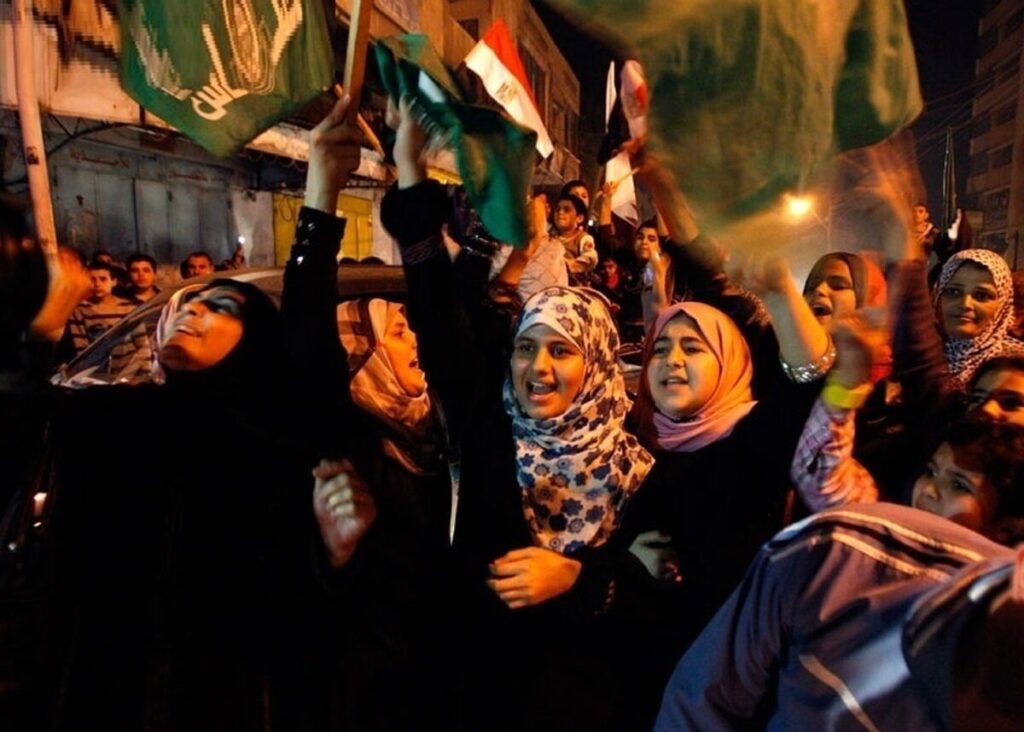Australia/Israel Review
The Last Word: The iniquity of schadenfreude
Apr 26, 2024 | Rabbi Ralph Genende

On the night of Saturday April 13, the skies over Jerusalem lit up in a surreal scene like something out of Star Wars. Yet this was no movie, but the barrage of missiles and drones launched from Iran being intercepted. At that time a friend of mine was driving out of Jerusalem towards his home in Tel Aviv. As he drove past several Arab villages, he noticed flares above them. His first thought these were part of the Iranian barrage, but quickly realised they were in fact fireworks in celebration of the onslaught on Israel.
Indeed, across the Arab world there were scenes of jubilation. This is of course nothing new – the celebration of the murderous behaviour of shahids (“martyrs”) by the Palestinian Authority, the handing out of lollies and partying at the at the downfall and slaughter of Jews is not unfamiliar. In fact, it’s an element of Jewish history from the Crusades and pogroms to the Shoah and Hebron in 1929. In Australia after October 7, there were similar celebrations supporting Hamas’ massacre.
American author Dara Horn has written how shortly after the October 7 attacks, a Cornell professor publicly proclaimed the barbarity “exhilarating” and “energising”, while a Columbia professor called it “awesome” and an “achievement’’.
Thinking about these reactions as we approach the Passover holiday, I wondered whether it is a natural response of human beings to hate those who oppose them and to take pleasure in their suffering or downfall. The German word for it is schadenfreude, the experience of joy at the failures of another – a type of feeling good when others feel bad. The Japanese say, “The misfortunes of others taste like honey.”
While this may be understandable in some social situations, it is surely inadequate and deeply disturbing in the context of the deep-seated hatred directed at Israel and Jews, and the toxic antisemitism that we are currently experiencing across the world. It speaks of an entrenched hatred of Judaism, the kind David Nirenberg (author of Anti-Judaism) identifies as a failing inherent in Western cultures – including ancient civilisations, classic Christianity, Islam and post-religious societies.
This hatred has little to do with actual Judaism, and a lot to do with whatever evil these non-Jewish cultures aspire to overcome. Horn calls it a deep neural groove in Western thought which forces Jews into the defensive mode of constantly proving they are not evil, and even that they have a right to exist.
I find the celebrations of Jewish suffering utterly dehumanising and depressing. I like to think that we draw our sanity and morality from the book of Proverbs (24:17): If your enemy fails don’t exalt, if they trip and stumble don’t gloat.
At Pesach time, Jews are reminded that we didn’t lose our moral compass in Egypt despite the brutality of our enemies. Our sages embedded in the seder the reminder not to rejoice at the downfall of our enemies, to let the wine drip out at the mention of each plague, because our cup of celebration can’t be full to the brim if redemption was brought about as the result of the destruction of other human beings.
They also reminded us that only the people of Israel – recently released slaves, downtrodden and suffering – were allowed to express their joy at the drowning of the Egyptian enemy in the Red Sea. When the angels wished to join in, God admonishes them saying, “The work of my hands is perishing, and you sing praises to me?”
Judaism has always recognised the brokenness of our world, the tragic necessity of war and the imperative to defend ourselves in the face of malign enemies. It calls on us to be the champions of love and justice in an unloving, unjust world. In its ethos and its liturgy, Judaism continues to pray that our enemies will recognise the poverty of their humanity when they rejoice over our suffering, and for empathy and compassion to vanquish antipathy and brutality.
Tags: Iran, Israel, Judaism, Palestinians






